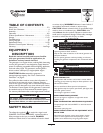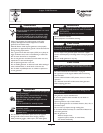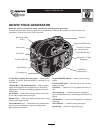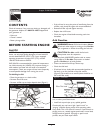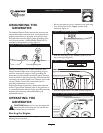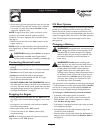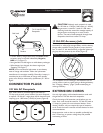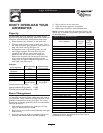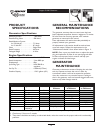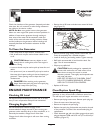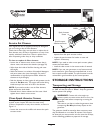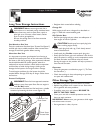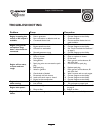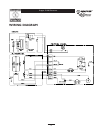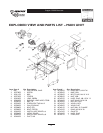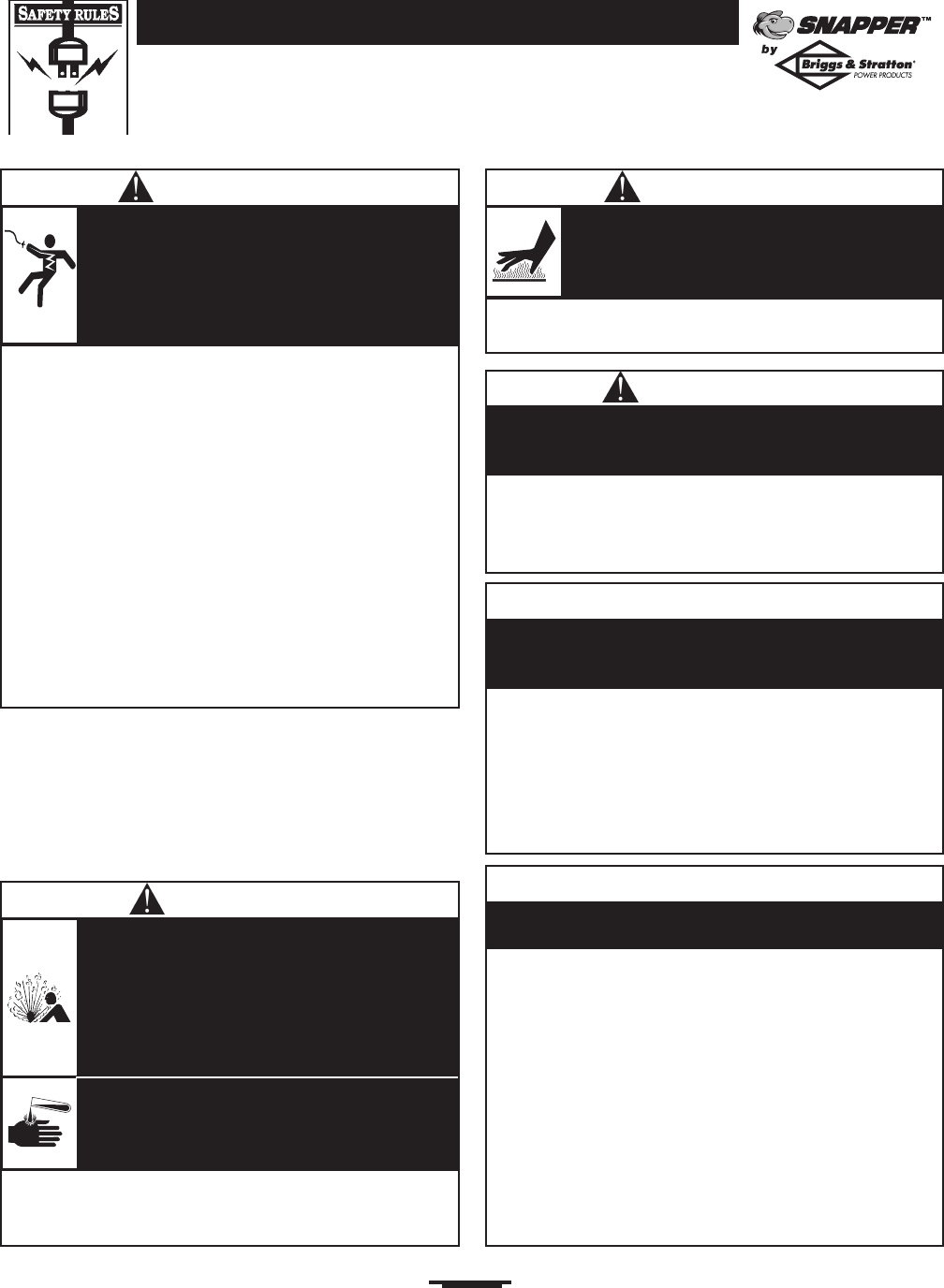
3
Snapper G1000 Generator
• When using generator for backup power, notify utility
company. Use approved transfer equipment to isolate
generator from electric utility.
• National Electric Code requires generator to be properly
grounded to an approved earth ground. Call an electrician for
local grounding requirements.
• Use a ground circuit fault interrupter (GFCI) in any damp or
highly conductive area, such as metal decking or steel work.
• Do not touch bare wires or receptacles.
• Do not use generator with electrical cords which are worn,
frayed, bare or otherwise damaged.
• Do not operate generator in the rain.
• Do not handle generator or electrical cords while standing in
water, while barefoot, or while hands or feet are wet.
• Do not allow unqualified persons or children to operate or
service generator.
Generator produces powerful voltage.
Failure to properly ground generator can result
in electrocution.
Failure to isolate generator from power utility
can result in death or injury to electric utility
workers due to backfeed of electrical energy.
WARNING
• Do not allow any open flame, spark, heat, or lit cigarette
during and for several minutes after charging a battery.
• Wear protective goggles, rubber apron, and rubber gloves.
Storage batteries give off explosive hydrogen gas
during recharging.
Hydrogen gas stays around battery for a long
time after battery has been charged.
Slightest spark will ignite hydrogen and cause
explosion.
You can be blinded or severely injured.
Battery electrolyte fluid contains acid and is
extremely caustic.
Contact with battery fluid will cause severe
chemical burns.
DANGER
• Do not touch hot surfaces.
• Allow equipment to cool before touching.
Running engines produce heat. Temperature of
muffler and nearby areas can reach or exceed
150°F (65°C).
Severe burns can occur on contact.
WARNING
• Do not tamper with governed speed. Generator supplies
correct rated frequency and voltage when running at governed
speed.
• Do not modify generator in any way.
Excessively high operating speeds increase risk of injury
and damage to generator.
Excessively low speeds impose a heavy load.
CAUTION
• See “Don’t Overload Your Generator” on page 9.
• Start generator and let engine stabilize before connecting
electrical loads.
• Connect electrical loads in OFF position, then turn ON for
operation.
• Turn electrical loads OFF and disconnect from generator
before stopping generator.
Exceeding generators wattage/amperage cappacity can
damage generator and/or electrical devices connected
to it.
CAUTION
• Use generator only for intended uses.
• If you have questions about intended use, ask dealer or
contact Snapper.
• Operate generator only on level surfaces.
• Do not expose generator to excessive moisture, dust, dirt, or
corrosive vapors.
• Do not insert any objects through cooling slots.
• If connected devices overheat, turn them off and disconnect
them from generator.
• Shut off generator if:
-electrical output is lost;
-equipment sparks, smokes, or emits flames;
-unit vibrates excessively.
Improper treatment of generator can damage it and
shorten its life.
CAUTION




